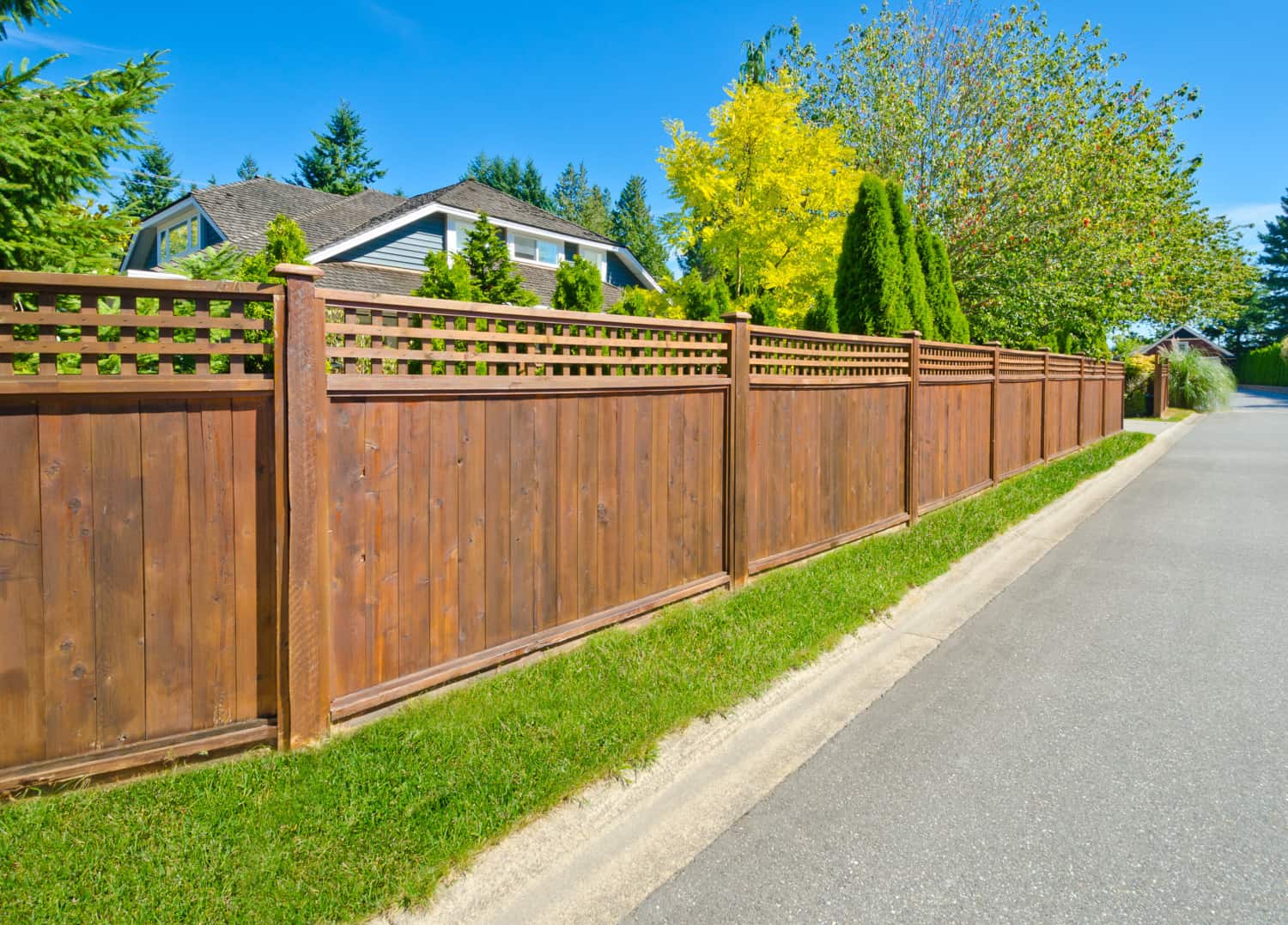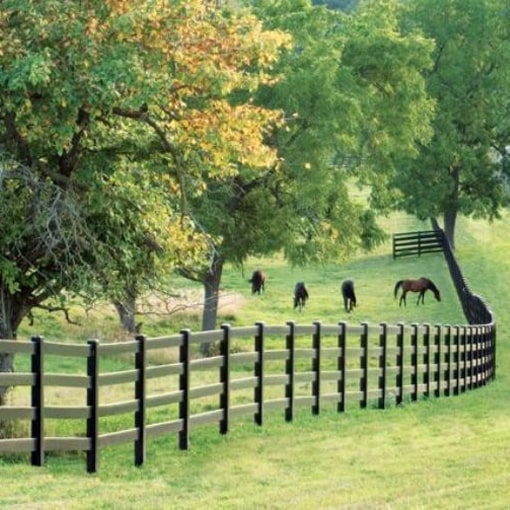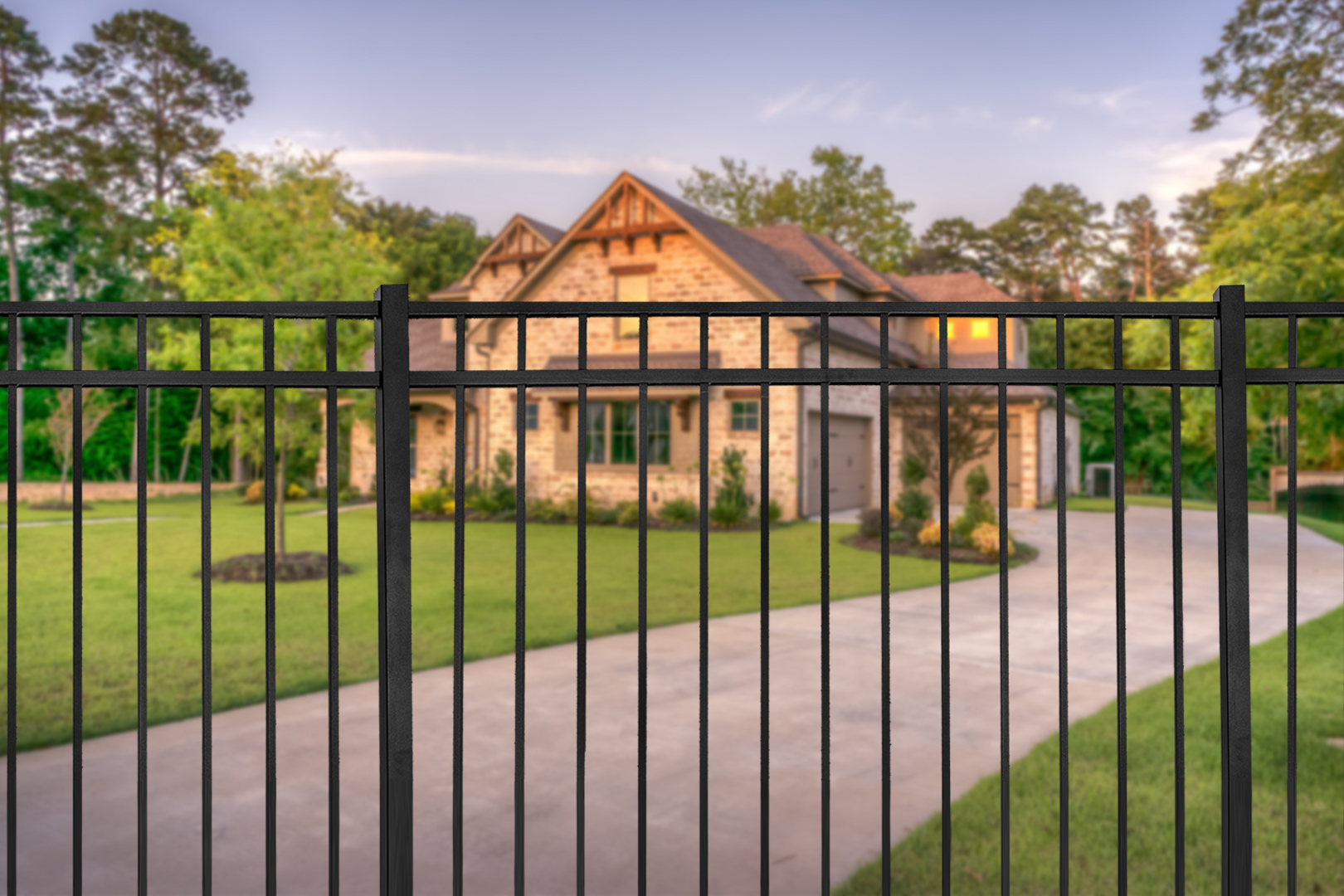All Categories
Featured

Picking the right secure fencing material is necessary for attaining the balance of longevity, aesthetic appeals, and capability that fits your property. Timber, plastic, and light weight aluminum are popular choices, each with special attributes that accommodate details demands. Below's an in-depth check out the benefits and negative aspects of these three products.
Wood Fence. Pros:. Ageless Appeal: Timber offers a natural, traditional appearance that complements different building styles. Personalized: It can be repainted or tarnished in a selection of design and colors. Cost effective: Wood fences are often more affordable upfront than plastic or aluminum. Eco-Friendly: As a renewable energy, timber is lasting and eco-friendly when sourced properly. Cons:. Maintenance-Intensive: Needs normal discoloration, paint, or sealing to protect against weather condition and pests. Much Shorter Lifespan: Depending on the type of wood and climate, it normally lasts 10-15 years. Vulnerability to Damages: Prone to decaying, bending, and termite damages without proper treatment. Timber is optimal for home owners that value appearances and agree to invest time and initiative in upkeep to prolong its life.
Plastic Fence. Pros:. Durable: Resistant to bugs, rot, and climate, plastic preserves its structure in severe problems. Low Upkeep: Requires little upkeep beyond occasional cleaning. Lengthy Lifespan: Plastic can last 20-30 years without considerable wear or damage. Functional Layouts: Offered in numerous shades, appearances, and designs, including options that simulate wood. Disadvantages:. Pricey Setup: Plastic fences are much more expensive to set up contrasted to timber. Weak in Cold Weather: Vinyl can fracture in extreme cool climates. Tough to Repair work: If harmed, whole areas may require substitute, which can be testing to match. Plastic fencing is a wonderful choice for those prioritizing longevity and marginal maintenance, even if it comes with a higher ahead of time cost.

Light Weight Aluminum Secure Fencing. Pros:. Rust-Resistant: Light weight aluminum does not rust, making it ideal for damp or moist areas. Light-weight but Strong: Deals stamina without being extremely hefty, which streamlines installation. Reduced Upkeep: Calls for little greater than cleaning and occasional repainting. Long life: Aluminum fences can last for decades without substantial deterioration. Elegant Designs: Frequently made use of for decorative purposes, aluminum adds elegance to any kind of residential property. Cons:. High First Cost: Light weight aluminum fencings are among the a lot more pricey options. Minimal Privacy: Frequently designed with open rooms, they do not block views or noise. Susceptible to Dents: While tough, aluminum can be dented or bent with hefty influence. Aluminum is ideal matched for those that desire a durable, fashionable fence and do not require total privacy.
Making the Right Selection. Each material has its weaknesses and staminas:

Timber is excellent for conventional aesthetic appeals and eco-conscious customers that don't mind maintenance. Plastic benefits homeowners seeking a weather-resistant, low-maintenance remedy. Aluminum is a resilient, ornamental alternative for those who want sophistication and durability. Consider your top priorities-- whether it's price, personal privacy, look, or upkeep-- and speak with a secure fencing expert to choose the material that finest meets your needs. A well-selected fencing will certainly enhance your residential or commercial property for many years to come.
Latest Posts
Smooth Aluminum Seamless Gutters: The Smart Choice for Your Home
Published May 26, 25
1 min read
Join WyHy FCU – Top Benefits for Your Money Goals
Published May 26, 25
1 min read
Learn Why Chicago Drivers Prefer Montclare Auto Repair for Reliable Service and Huge Savings
Published May 25, 25
1 min read